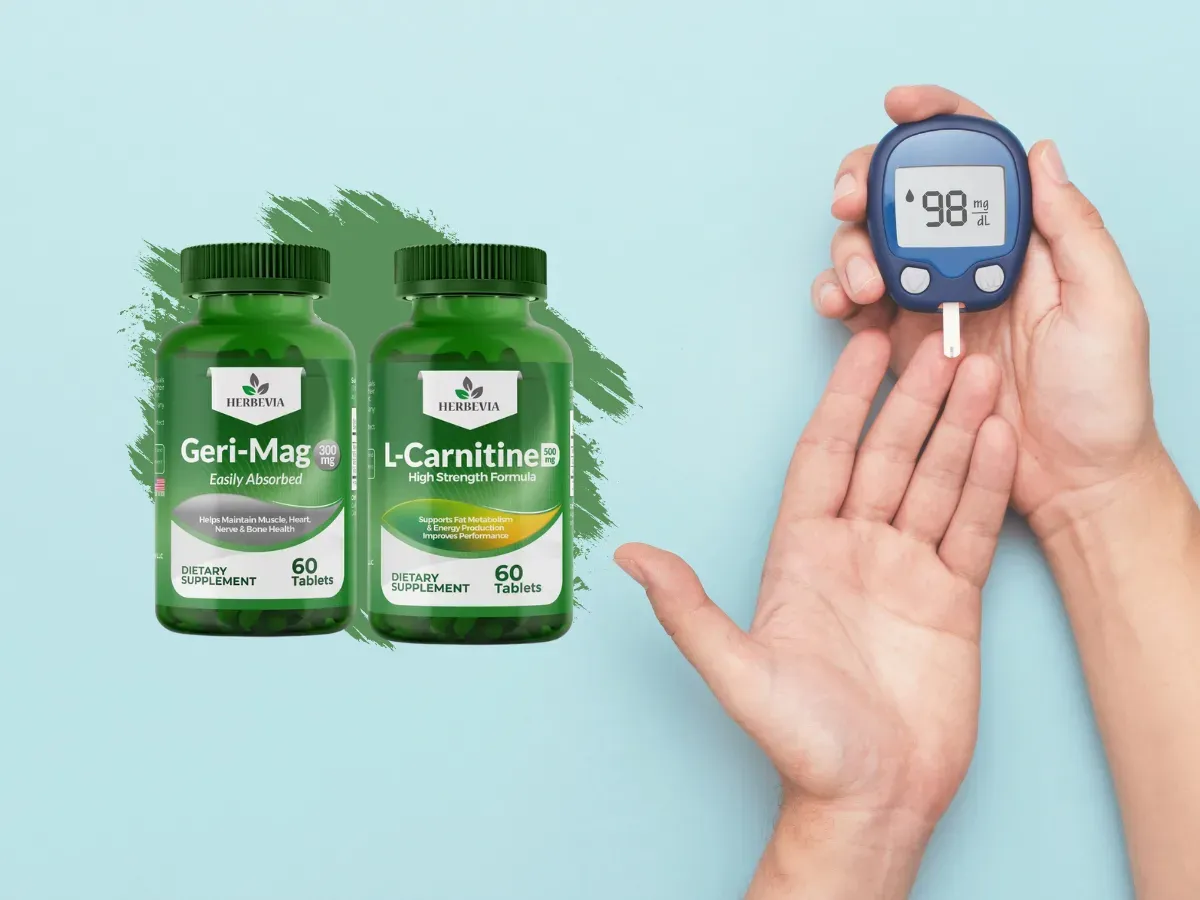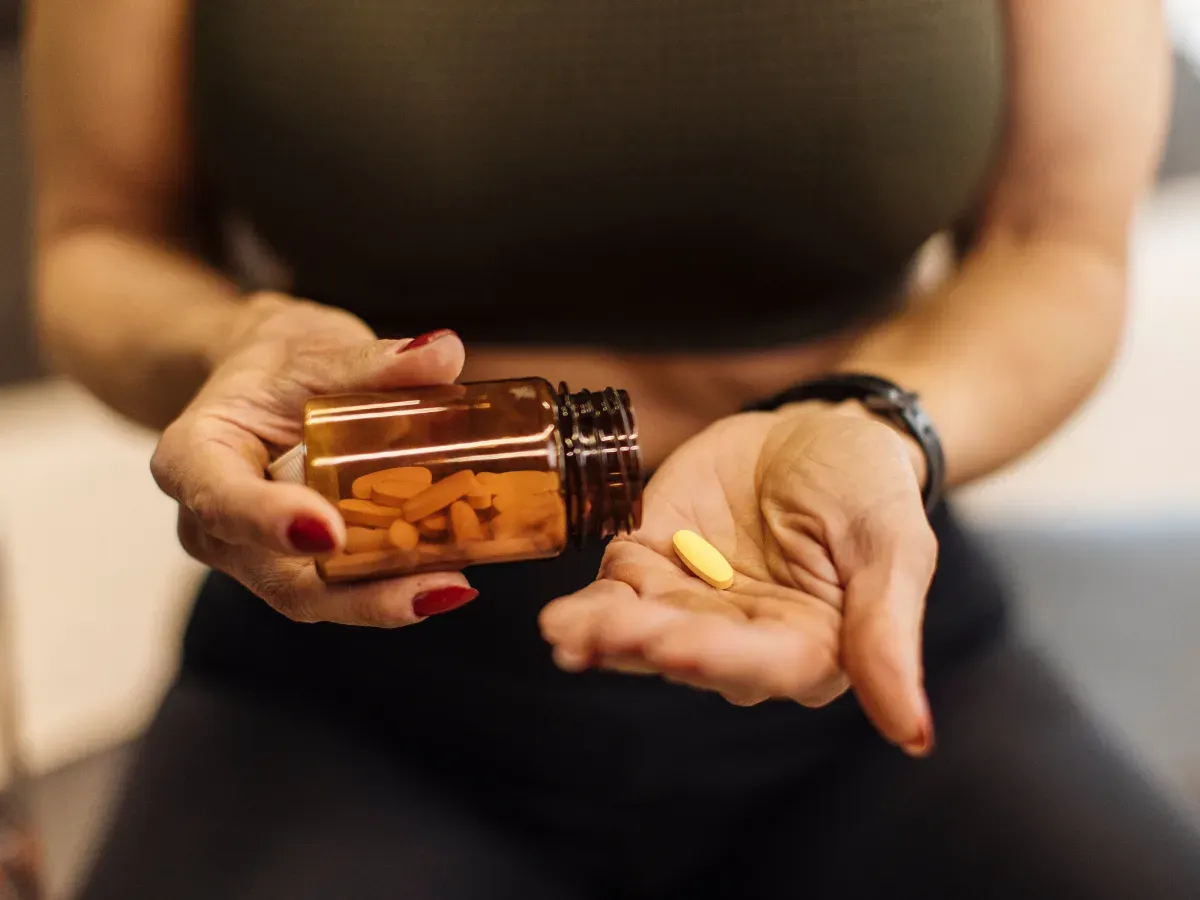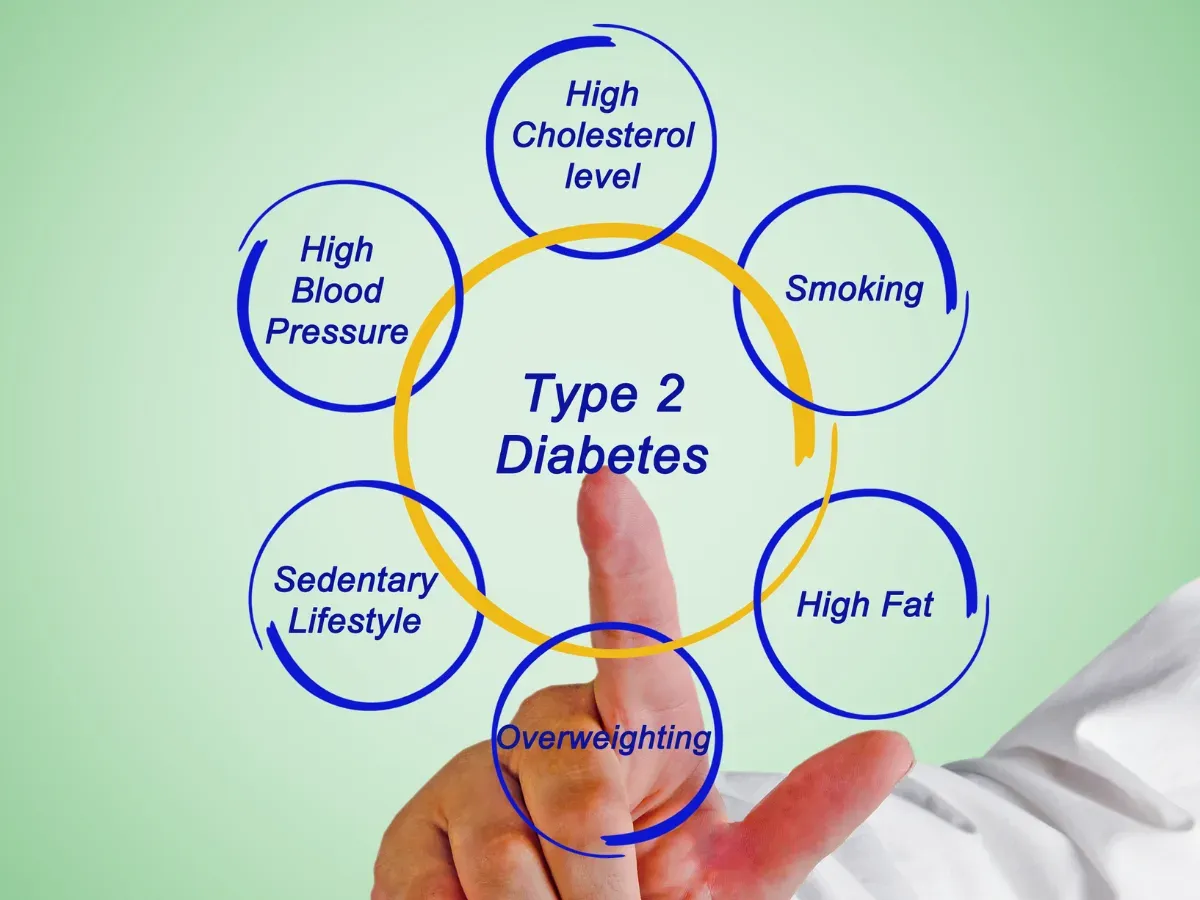Nov. 11, 2024
Insulin Resistance & Diabetes: Role of Supplements

Insulin resistance is a condition where cells in the body become less responsive to insulin, leading to elevated blood sugar levels. It’s a core feature of Type 2 diabetes and a significant factor in metabolic syndrome. Managing insulin resistance is crucial for controlling diabetes and preventing complications. While lifestyle modifications and medications are standard treatments, some supplements may also help improve insulin sensitivity. This article examines the mechanisms of insulin resistance, potential supplement options, and their efficacy according to research.
Understanding Insulin Resistance
Insulin resistance occurs when the body’s cells, particularly in the muscle, liver, and fat tissue don’t respond effectively to insulin. This resistance forces the pancreas to produce more insulin to manage blood glucose levels. Over time, high insulin levels and glucose dysregulation contribute to the development of Type 2 diabetes. Key factors influencing insulin resistance include genetic predisposition, obesity (especially abdominal obesity), physical inactivity, and chronic inflammation.

Supplements for Managing Insulin Resistance
While supplements cannot replace standard diabetes care, some have shown promise in helping to improve insulin sensitivity. Always consult with a healthcare provider before starting any supplement regimen, especially if you’re on medications.
1. Berberine
Mechanism: An active compound in several plants, berberine activates AMP-activated protein kinase (AMPK), which plays a role in energy balance and insulin sensitivity.
Evidence: Studies suggest berberine can lower fasting blood glucose and improve insulin sensitivity, with effects comparable to metformin, a common diabetes medication.
Dosage: 500 mg taken 2-3 times daily, though dosage may vary.
2. Alpha-Lipoic Acid (ALA)
Mechanism: An antioxidant that reduces oxidative stress and inflammation, ALA has shown promise in improving glucose metabolism and insulin sensitivity.
Evidence: Research indicates ALA supplementation may help lower fasting blood sugar and HbA1c levels, a marker of long-term blood glucose control.
Dosage: 300-600 mg per day, often recommended as part of a supervised plan.
Note: Our L-carnitine supplement includes 200 mg of ALA per serving, providing a combined benefit for insulin sensitivity and metabolic health.
3. Magnesium
Mechanism: Magnesium is essential for over 300 biochemical reactions, including those that regulate blood glucose and insulin function.
Evidence: Studies have found that magnesium deficiency is linked to insulin resistance, and supplementation in deficient individuals may improve insulin sensitivity.
Dosage: 200-400 mg per day, as advised by a healthcare provider. Magnesium glycinate, as found in Geri-Mag, is often preferred for its high absorption and lower risk of digestive upset.
4. Chromium
Mechanism: Chromium is a trace mineral that enhances insulin’s action, helping cells absorb glucose more effectively.
Evidence: Although evidence is mixed, some studies suggest that chromium picolinate may help improve blood sugar control, particularly in individuals with insulin resistance.
Dosage: 200-1000 mcg per day, typically taken with meals.
5. Vitamin D
Mechanism: Vitamin D plays a role in insulin sensitivity and secretion. Low levels of vitamin D are associated with a higher risk of insulin resistance and Type 2 diabetes.
Evidence: Supplementation may improve insulin sensitivity, especially in individuals with vitamin D deficiency.
Dosage: 1000-4000 IU per day, based on vitamin D blood levels. Geri-D provides 4000 IU per serving to support optimal levels.
6. Omega-3 Fatty Acids
Mechanism: Found in fish oil and flaxseed oil, omega-3s reduce inflammation, which can improve insulin sensitivity.
Evidence: Some studies have shown that omega-3 supplementation helps reduce insulin resistance markers, although effects on blood glucose levels are less pronounced.
Dosage: 1000-2000 mg of EPA and DHA (the active forms of omega-3s) daily. Geri-Omega provides a convenient source of these essential fats.
7. Resveratrol
Mechanism: A natural compound found in grapes and red wine, resveratrol may activate certain enzymes that influence insulin sensitivity and glucose metabolism.
Evidence: Early studies suggest resveratrol could help improve insulin sensitivity and reduce fasting blood sugar, but more research is needed.
Dosage: 100-500 mg daily, though efficacy varies depending on the formulation.

Conclusion
Managing insulin resistance is essential for individuals with Type 2 diabetes. While supplements offer potential support, they work best as part of a comprehensive lifestyle and medical management plan. Supplements such as berberine, alpha-lipoic acid, magnesium, chromium, vitamin D, omega-3 fatty acids, and resveratrol have shown varying levels of evidence in improving insulin sensitivity and blood glucose control. Always consult with a healthcare provider before starting any supplement to ensure it complements your current treatment plan safely and effectively.